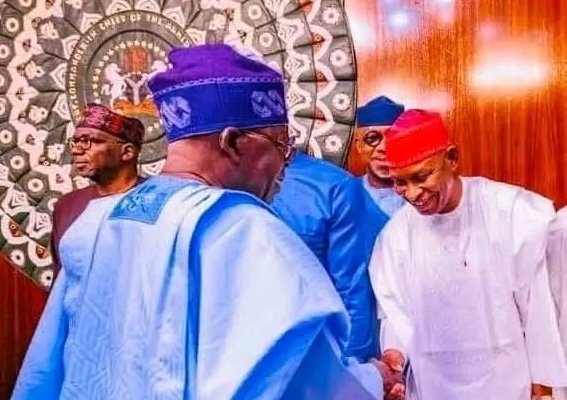Nigeria’s Economic Woes: The Impact of IMF Policies
Nigeria, often referred to as the giant of Africa, has faced economic challenges dating back to the 1980s. While various theories attribute the country’s economic distress to factors such as the civil war, poor leadership, or colonial suppression, one aspect often overlooked is the influence of the International Monetary Fund (IMF) on Nigeria’s economy.
Established in 1946 with the aim of promoting global economic stability and growth, the IMF has played a significant role in shaping Nigeria’s economic policies since the country joined in 1961. The IMF’s mandates include overseeing member states’ economic policies, providing financial assistance, and promoting structural reforms to foster economic development.
One of the most controversial aspects of the IMF’s involvement in Nigeria has been the implementation of Structural Adjustment Programmes (SAP), also known as the Washington Consensus. These programmes, aimed at revamping the economy, have often been criticized for exacerbating poverty and deepening economic woes.
The IMF’s recommendations, which include measures such as privatisation, removal of subsidies, and currency devaluation, have had far-reaching consequences on Nigeria’s economy. The devaluation of the naira, for example, has led to high inflation rates and reduced purchasing power for many Nigerians.
While the IMF’s prescriptions may appear beneficial on the surface, experts argue that they have failed to address Nigeria’s unique economic challenges. Calls for the removal of electricity subsidies, for instance, have sparked debates on the impact such measures would have on the country’s citizens.
Critics of the IMF’s policies advocate for indigenous solutions to Nigeria’s economic problems, emphasizing the need to consider local conditions before implementing external recommendations. They warn that blindly following IMF directives could lead to further crises and social unrest in the country.
As Nigeria grapples with economic instability, the debate over the IMF’s role in shaping the country’s economic policies continues. While some argue for a more cautious approach to IMF recommendations, others call for a reevaluation of Nigeria’s economic strategies to ensure sustainable growth and development.
In the face of mounting challenges, the question remains: Will Nigeria find a way to navigate its economic woes and chart a path towards prosperity that is truly reflective of its unique circumstances? Only time will tell.



